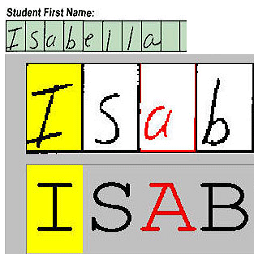Optical Character Recognition is a technique that converts document images into searchable and editable text, making it a valuable tool for processing scanned documents. While the Farsi language stands as a prominent and official language in Asia, efforts to develop efficient methods for recognizing Farsi printed text have been relatively limited. This is primarily attributed to the languages distinctive features, such as cursive form, the resemblance between certain alphabet characters, and the presence of numerous diacritics and dot placement. On the other hand, given the substantial training sample requirements of deep-based architectures for effective performance, the development of such datasets holds paramount significance. In light of these concerns, this paper aims to present a novel large-scale dataset, IDPL-PFOD2, tailored for Farsi printed text recognition. The dataset comprises 2003541 images featuring a wide variety of fonts, styles, and sizes. This dataset is an extension of the previously introduced IDPL-PFOD dataset, offering a substantial increase in both volume and diversity. Furthermore, the datasets effectiveness is assessed through the utilization of both CRNN-based and Vision Transformer architectures. The CRNN-based model achieves a baseline accuracy rate of 78.49% and a normalized edit distance of 97.72%, while the Vision Transformer architecture attains an accuracy of 81.32% and a normalized edit distance of 98.74%.
翻译:暂无翻译





